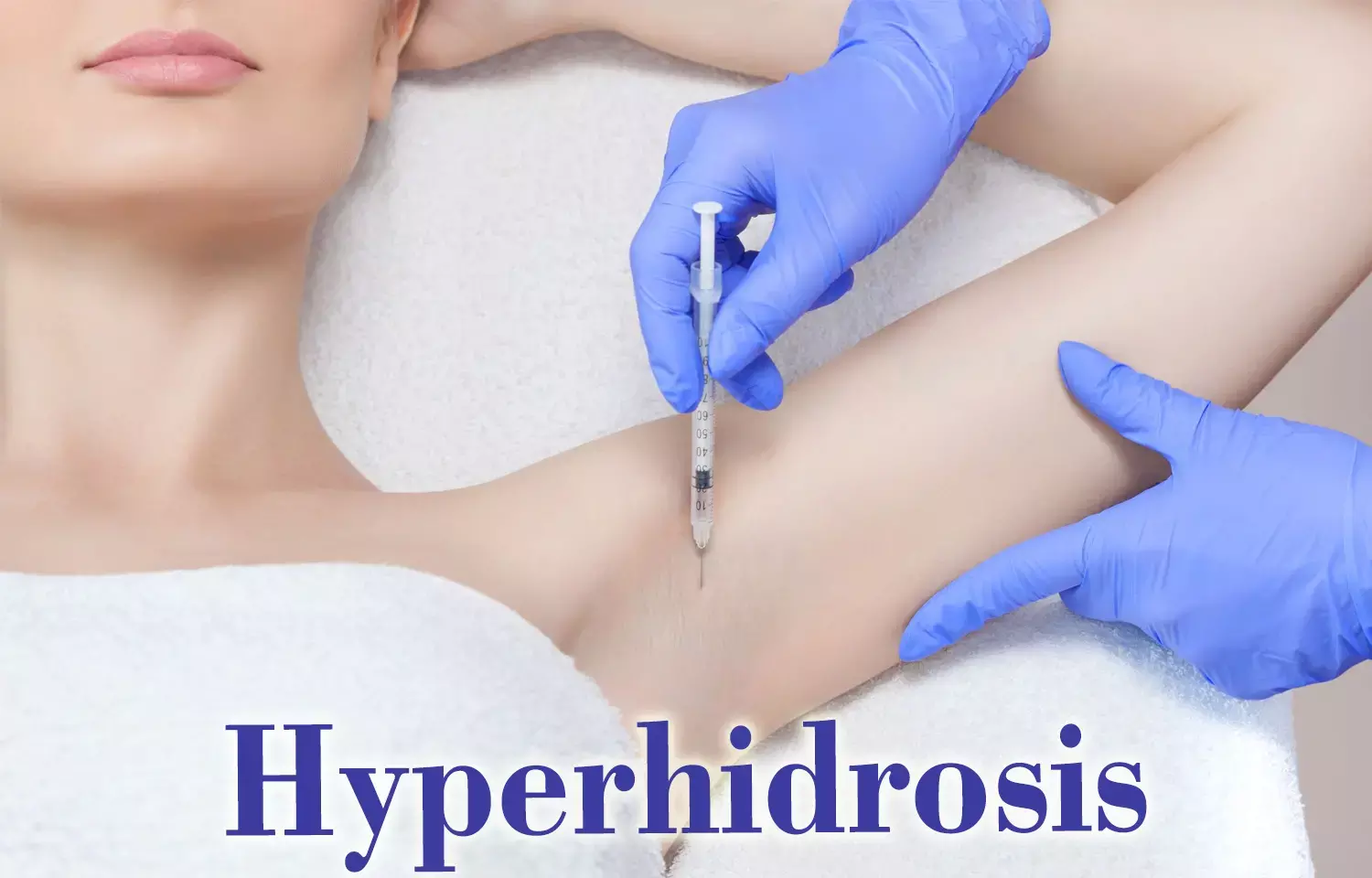- Home
- Medical news & Guidelines
- Anesthesiology
- Cardiology and CTVS
- Critical Care
- Dentistry
- Dermatology
- Diabetes and Endocrinology
- ENT
- Gastroenterology
- Medicine
- Nephrology
- Neurology
- Obstretics-Gynaecology
- Oncology
- Ophthalmology
- Orthopaedics
- Pediatrics-Neonatology
- Psychiatry
- Pulmonology
- Radiology
- Surgery
- Urology
- Laboratory Medicine
- Diet
- Nursing
- Paramedical
- Physiotherapy
- Health news
- Fact Check
- Bone Health Fact Check
- Brain Health Fact Check
- Cancer Related Fact Check
- Child Care Fact Check
- Dental and oral health fact check
- Diabetes and metabolic health fact check
- Diet and Nutrition Fact Check
- Eye and ENT Care Fact Check
- Fitness fact check
- Gut health fact check
- Heart health fact check
- Kidney health fact check
- Medical education fact check
- Men's health fact check
- Respiratory fact check
- Skin and hair care fact check
- Vaccine and Immunization fact check
- Women's health fact check
- AYUSH
- State News
- Andaman and Nicobar Islands
- Andhra Pradesh
- Arunachal Pradesh
- Assam
- Bihar
- Chandigarh
- Chattisgarh
- Dadra and Nagar Haveli
- Daman and Diu
- Delhi
- Goa
- Gujarat
- Haryana
- Himachal Pradesh
- Jammu & Kashmir
- Jharkhand
- Karnataka
- Kerala
- Ladakh
- Lakshadweep
- Madhya Pradesh
- Maharashtra
- Manipur
- Meghalaya
- Mizoram
- Nagaland
- Odisha
- Puducherry
- Punjab
- Rajasthan
- Sikkim
- Tamil Nadu
- Telangana
- Tripura
- Uttar Pradesh
- Uttrakhand
- West Bengal
- Medical Education
- Industry
1% Glycopyrronium bromide improves long-term outcomes of primary axillary hyperhidrosis

Recent study published in the Journal of the European Academy of Dermatology and Venereology suggests that 1% glycopyrronium bromide (GPB) cream is an effective and safe long-term treatment option for patients with severe Primary axillary hyperhidrosis (PAHH).
Primary axillary hyperhidrosis is a condition that causes excessive sweating in the armpits, leading to significant discomfort and reduced quality of life for patients. The team led by Rolf-Markus Szeimies aimed to evaluate the long-term efficacy and safety of a 1% GPB cream in patients with severe PAHH.
The study was a Phase 3b, open-label trial that included 518 patients with severe PAHH who were treated with 1% GPB cream once daily for 4 weeks, followed by a flexible dosing scheme for up to 72 weeks. The primary endpoint was the absolute change in sweat production from baseline to week 12, and secondary endpoints included the severity of PAHH and its impact on quality of life.
The findings of the study were:
Treatment with 1% GPB cream significantly reduced sweat production by 65.6% from baseline to week 12, and this effect was maintained throughout the 72-week study period.
Patients' quality of life was also significantly improved at all study time points compared to baseline, as assessed by Hyperhidrosis Quality of Life Index and Dermatology Life Quality Index.
The treatment was safe and well-tolerated, with only mild to moderate adverse drug reactions reported, such as dry mouth and application site erythema.
Overall, this s Authors suggest that the significant reduction in sweat production and improvement in quality of life observed in this study could lead to better management of this condition and improved outcomes for patients.
Source:
Szeimies, R., Abels, C., Kilic, A., Reich, H., Berger, B., Schulze zur Wiesche, E., Schramm, K., Litzka, L., Heimstaedt‐Muskett, S., & Masur, C. (2023). Long‐term efficacy and safety of 1% glycopyrronium bromide cream in patients with severe primary axillary hyperhidrosis: Results from a Phase 3b trial. In Journal of the European Academy of Dermatology and Venereology. Wiley. https://doi.org/10.1111/jdv.18843
Neuroscience Masters graduate
Jacinthlyn Sylvia, a Neuroscience Master's graduate from Chennai has worked extensively in deciphering the neurobiology of cognition and motor control in aging. She also has spread-out exposure to Neurosurgery from her Bachelor’s. She is currently involved in active Neuro-Oncology research. She is an upcoming neuroscientist with a fiery passion for writing. Her news cover at Medical Dialogues feature recent discoveries and updates from the healthcare and biomedical research fields. She can be reached at editorial@medicaldialogues.in
Dr Kamal Kant Kohli-MBBS, DTCD- a chest specialist with more than 30 years of practice and a flair for writing clinical articles, Dr Kamal Kant Kohli joined Medical Dialogues as a Chief Editor of Medical News. Besides writing articles, as an editor, he proofreads and verifies all the medical content published on Medical Dialogues including those coming from journals, studies,medical conferences,guidelines etc. Email: drkohli@medicaldialogues.in. Contact no. 011-43720751


